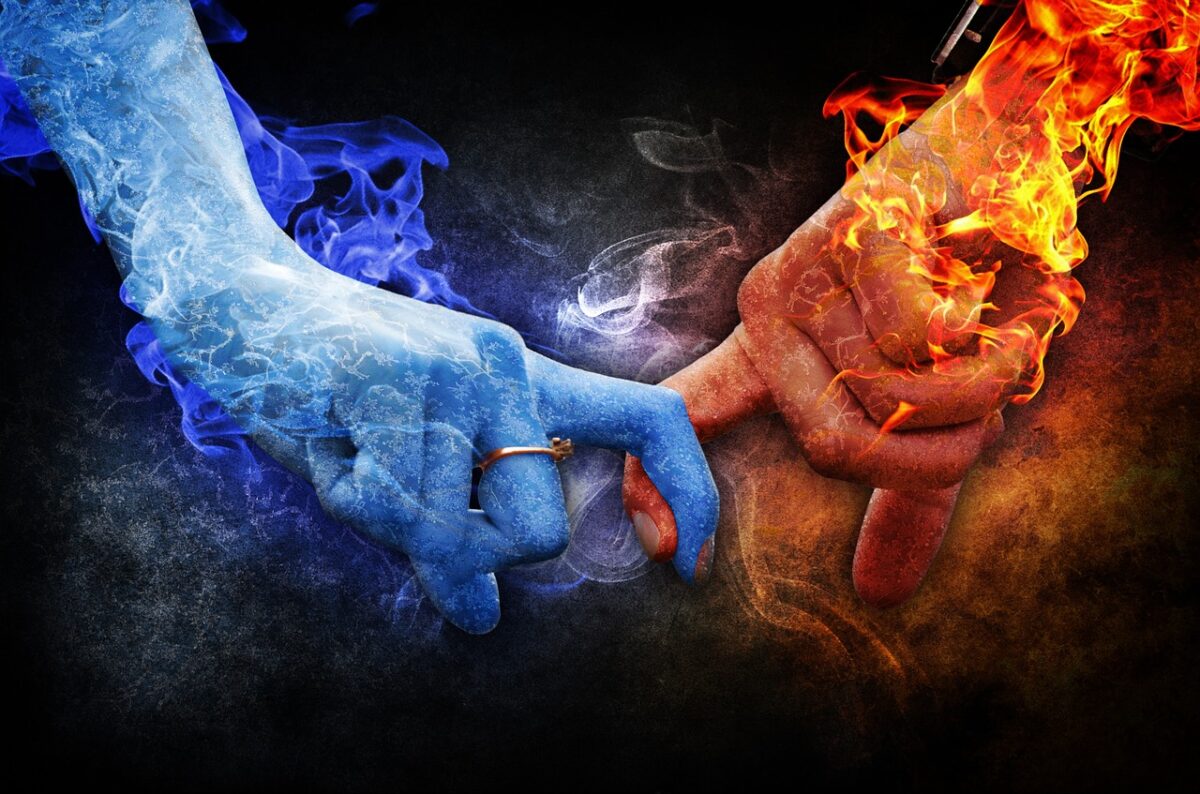Bipolar is a mental health condition that affects 2.8 million Americans, per Dr. Legg’s artical. It is normally diagnosed when people are in their early 20’s, but can be diagnosed in children. There are different types, but I will be general in this post. Bipolar is treated based on the type you have. The NIMH(National Institute of Mental Health has a great overview of the three types. You will need to be evaluated by a medical professional for diagnoses. This is an overview for informational purposes only. It is not and should not be considered medical advise. You should always see your healthcare professional with your health concerns.
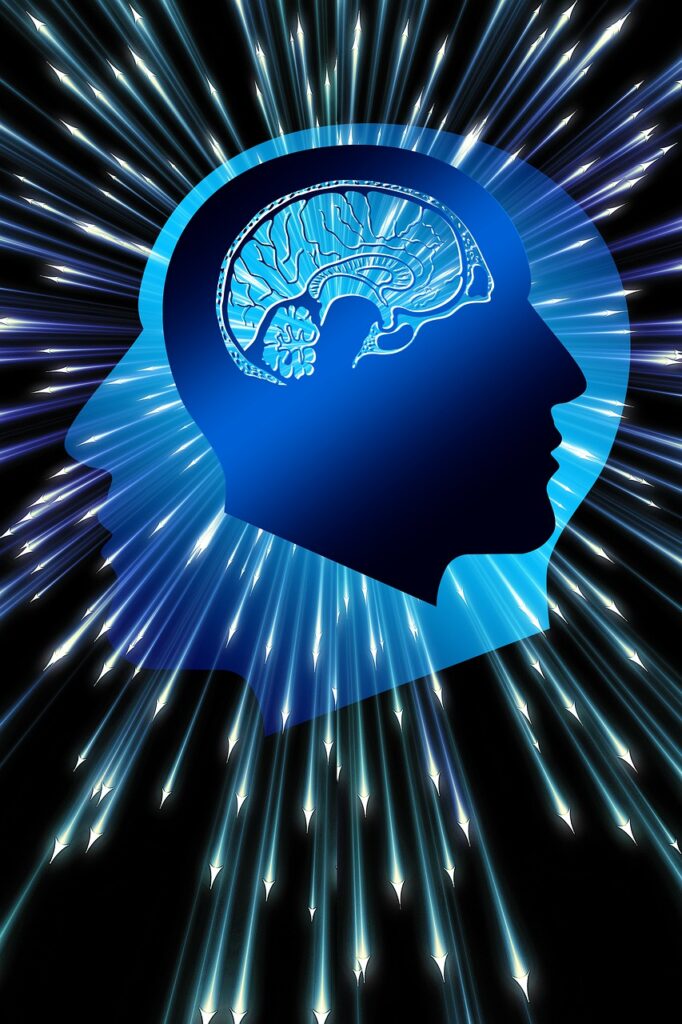
Bipolar is a mood disorder that can have episodes of mania, a hyper sense of security. It can also have very deep depressive symptoms. “It is characterized by a distinct period of abnormally and persistently elevated, expansive, or irritable moods. Increased activity or energy lasting at least one week and , present most of the day nearly every day.” (Uptodate).

Bipolar disrupts mood, energy, activity, sleep, cognition, and behavior. Many with bipolar struggle to maintain what we would consider a normal life. They have trouble with keeping a job and with interpersonal relationships.
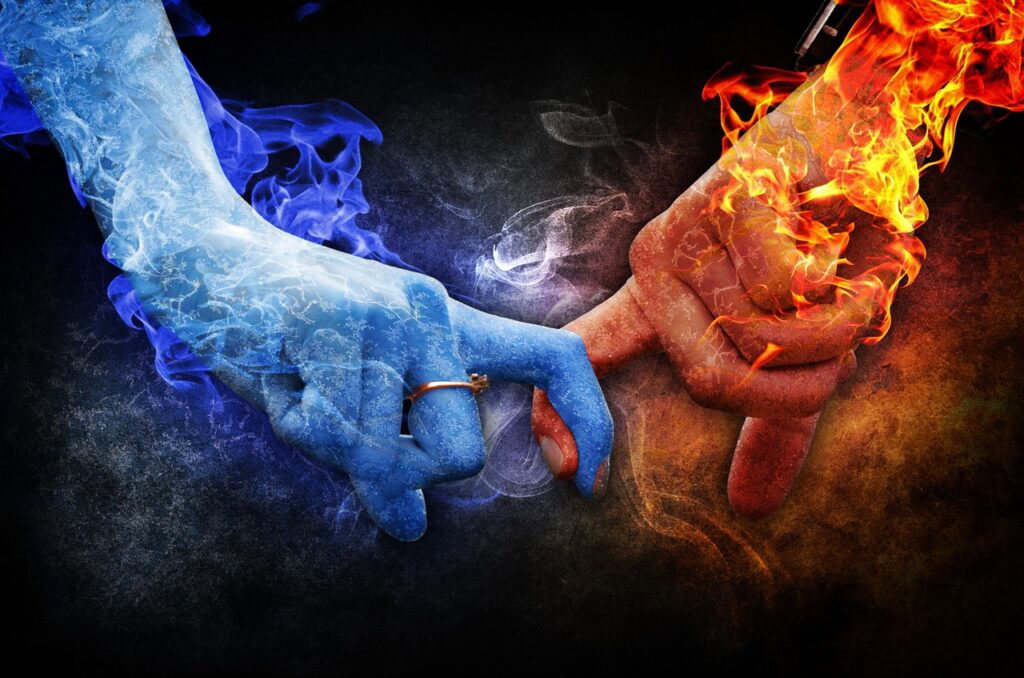
There are many potential symptoms which include inflated self-esteem, decreased need for sleep, but not feeling tired, more pressure to talk or being more talkative than normal. Flights of ideas, being easily distracted. The opposite is being down, depressed, unable to get up in the morning. They can have symptoms in between the sudden ups or downs. While the ups and downs can hit quickly, they normally do not leave as quickly. These swings are normally around a week or longer.
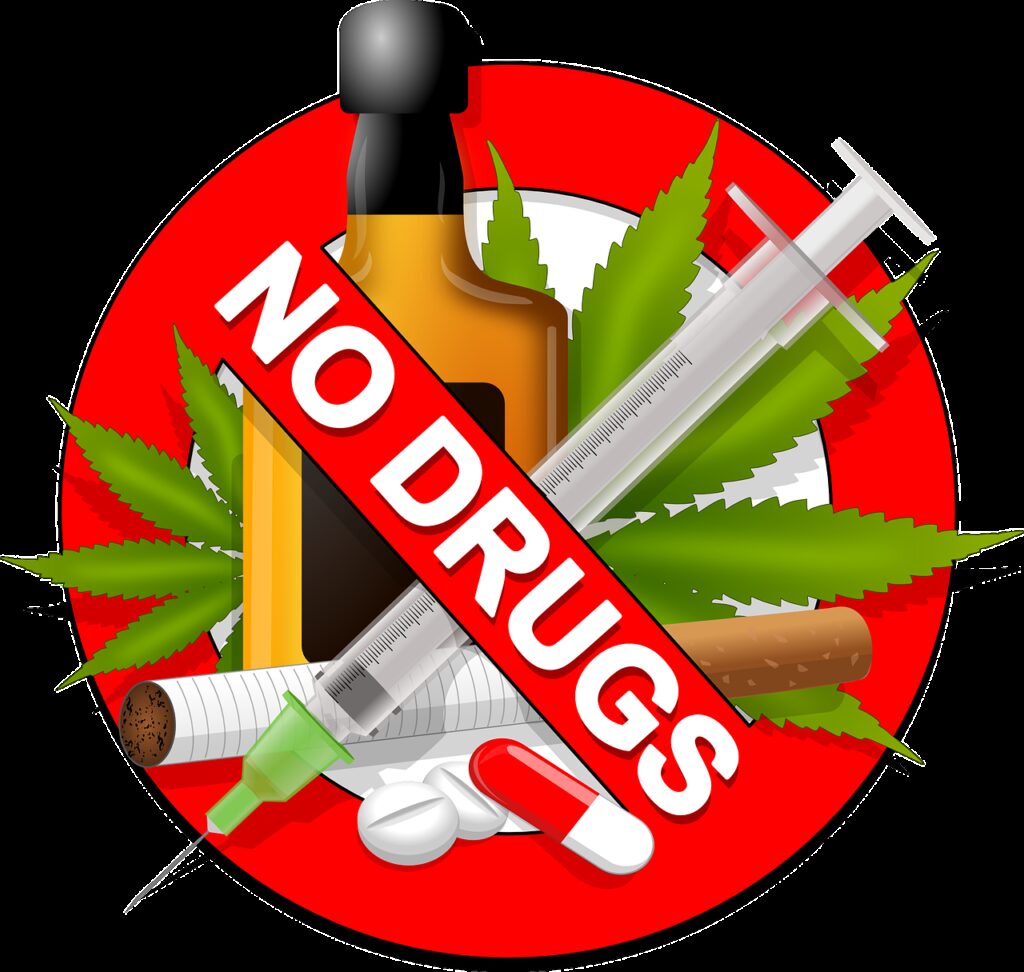
Bipolar type symptoms can be from other substances and or medical conditions. They can include substances such as alcohol, illegal drugs, psychiatric treatments, and some general medical treatments. Neurological, endocrine, and infectious disease conditions can also cause symptoms similar to bipolar. Before making the diagnosis, it is important to rule out any of these causes. Therefore, blood is drawn and urine checked. Once these are found to be normal, the provider may consider a diagnoses of bipolar.
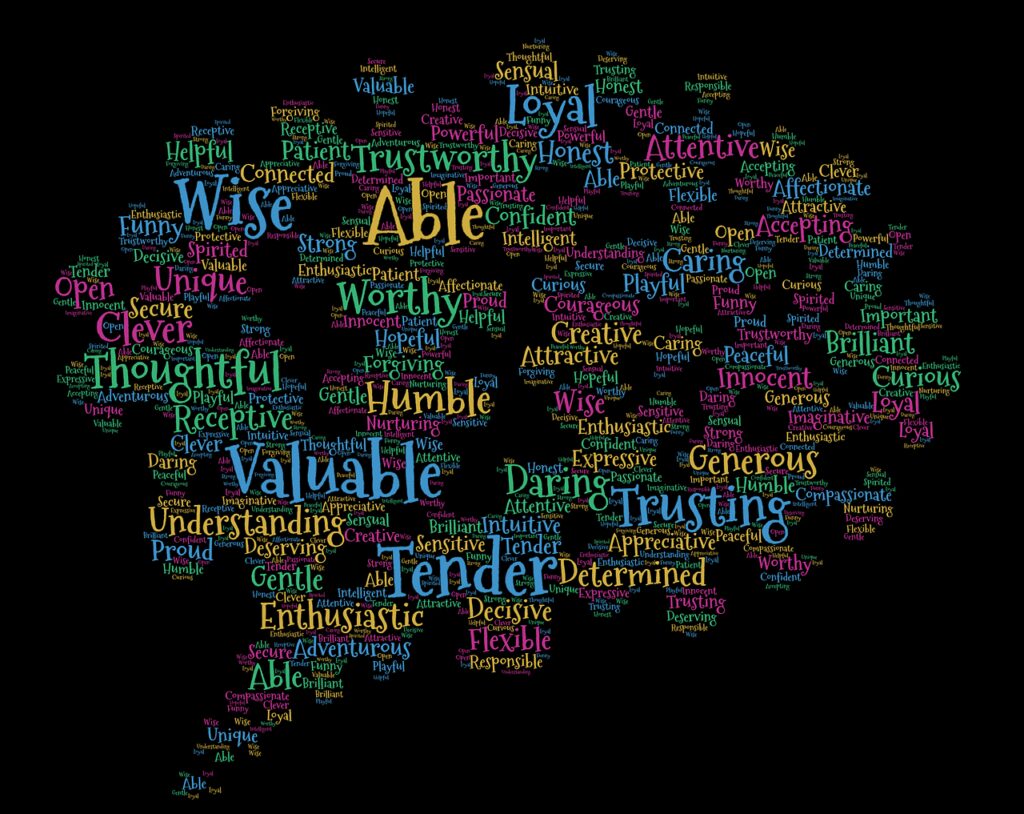
The good news is that there is help for folks who have bipolar. There have been several newer medications to help with the symptoms. The issues with side effects are a little better with the newer drugs. Some of the older medications had stricter guidelines for blood testing and monitoring. They also had higher incidences of intolerance.
Do you or someone you know have bipolar? What are some of the things you do to help with symptoms? Do you take a medication that has done wonders for you? Please comment below if you have information you would like to share!
This is not medical advice nor will any of the comments below be considered medical advice. This is for information purposes only. This is not treatment or to be considered treatment for you or your family. If you feel you have some of these symptoms, see your primary care provider to have further evaluation for your specific needs. Thanks

